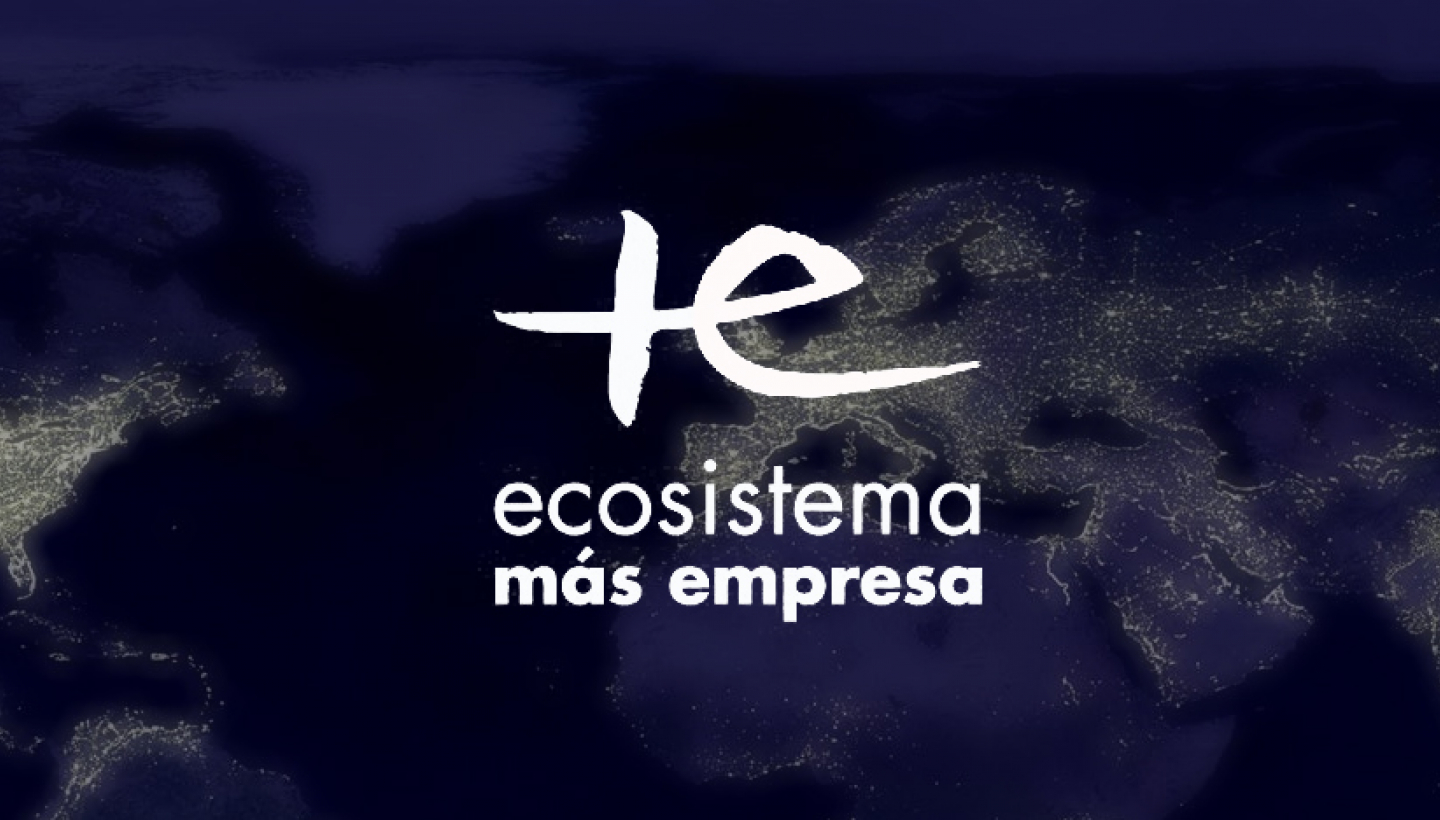Last week Opinno´s Consultant Director Daniel Medina was lending a hand at Ecosistema Mas Empresa, an organization which is the initiative of a major Spanish bank, as together they envisaged what would be the priority for the organizational challenges ahead.
Daniel, head of strategy and innovation at Opinno, took the opportunity to participate as speaker in an event organized by Ecosistema Más Empresa, an organization devised to support businesses and new business opportunities through innovation, and is the brainchild of a major Spanish bank.



